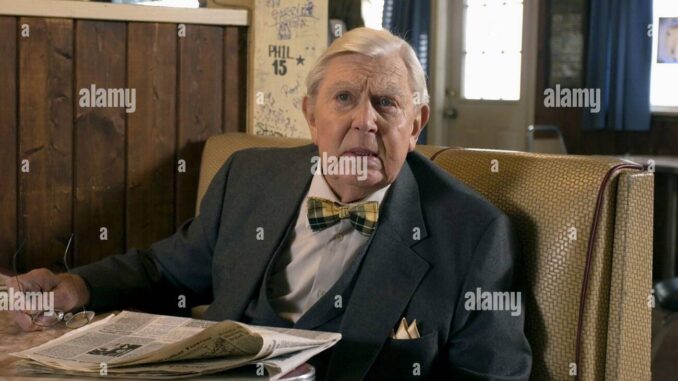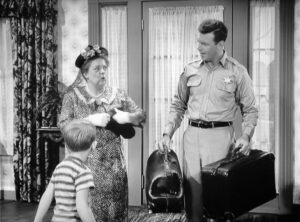
Ron Howard’s acting career was deeply rooted in his family legacy, with his father, Rance Howard, already an established performer when Ron was born in 1954. Howard’s first professional acting role came in 1959 with the film “The Journey,” alongside Yul Brynner and Deborah Kerr. That same year, at just five years old, he began making his mark on television, appearing in several popular shows.
In 1960, Howard—credited as Ronny—landed his breakthrough role on “The Andy Griffith Show” as Opie, the son of Andy Griffith’s character. Over eight seasons, he appeared in 243 out of the show’s 249 episodes. Simultaneously, Howard continued making guest appearances on other TV series and starred in notable B-movies.
As a teenager, Howard proved he was more than a child star. He appeared in George Lucas’ “American Graffiti” and became a household name playing Richie Cunningham on the hit sitcom “Happy Days,” which he stayed on for seven seasons. Despite his continued success on screen into the early 1980s, Howard had already started transitioning behind the camera. In 1977, he directed his first feature film, “Grand Theft Auto,” produced by Roger Corman.

From that point forward, directing became Howard’s main focus. He went on to helm blockbuster films such as “Willow,” “Backdraft,” “Apollo 13,” “A Beautiful Mind,” “The Da Vinci Code,” and “Solo: A Star Wars Story.”
In a 2015 interview with the Express, Howard reflected on his shift from acting to directing. He explained that his move behind the camera was partly to preserve his passion for the industry and his mental well-being.
Howard sensed a shift in Hollywood during the 1970s. The type of roles he had grown up with were becoming outdated, and he didn’t feel he had the range or inclination to pursue more complex, challenging characters. Howard, who typically portrayed likable, everyday figures, realized he wasn’t cut out for the intense, demanding roles that dominated the era, like those in “Five Easy Pieces” or “Midnight Cowboy.” Instead of trying to reshape his acting career, he found his true calling in directing. He explained:
“I listened and learned –- and knew that I would never survive as an actor. […] There was also a lot of stuff going on that I did not understand or could not come to terms with. I was not assertive. I was not a leader. You have to be like some of the big stars such as Dustin Hoffman to make it. He could take control while remaining an actor. I was relaxed but never terribly satisfied with my work.”
Howard also admitted he wasn’t comfortable watching himself on screen. He became increasingly aware of his limitations as an actor, feeling that he lacked the versatility necessary to evolve: “I was always a little uncomfortable watching myself and felt I was not capable of doing it differently from the way I was delivering each particular part. Over time it would have driven me mad.”
Unlike his father, who spent years playing similar roles, Howard had ambitions beyond acting. His desire to create films rather than simply appear in them led to his decision to pursue directing—a choice that has clearly paid off, given his impressive body of work as a filmmaker.
